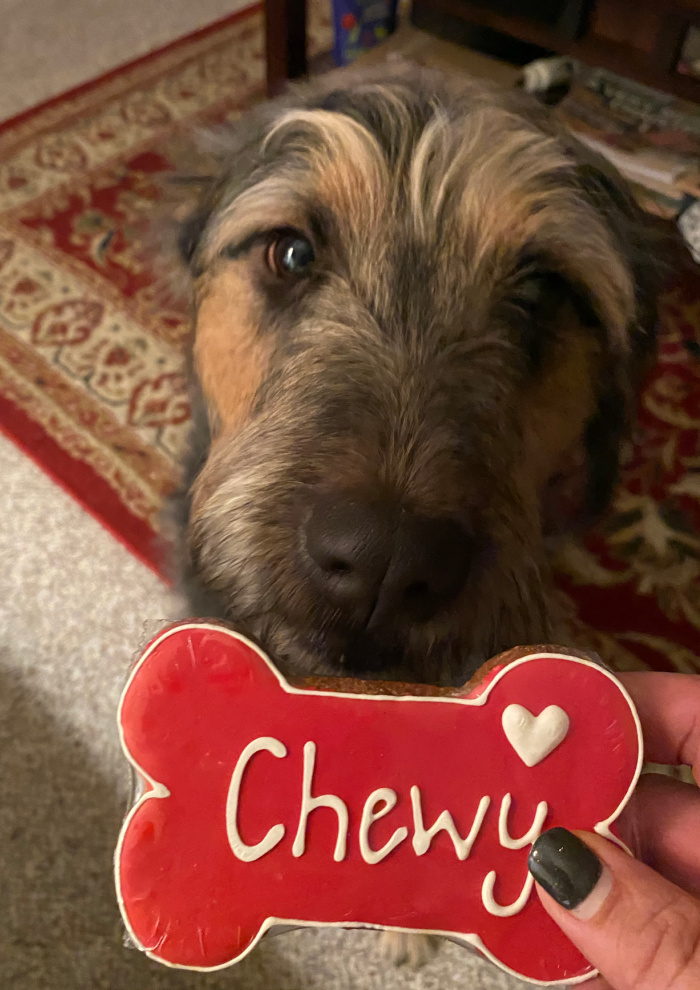
Things Every Animal Owner Needs to Know
For those of you who are looking at adopting a pet, there are several things that you will need to keep in mind. Bringing an animal into your home is not as simple as it may first seem, and there is a lot of information to sift through online if you want some help.
Even if you’ve owned a pet in the past, each species of animal is unique and each individual pet has their own needs and preferences.
Before you’ve even signed the papers to adopt a new furry friend, you will have to learn about their individual needs so you can provide the best care for your pet.
If you’re ready to become a new animal parent, here are some important things that you will need to know.
Different Animals Require Different Foods
Most people know that dogs need different food to cats, and cats need different food to rabbits. You only have to take a quick walk in the ‘pet food’ area of your local store to see that there are whole aisles dedicated to each type of animal.
But most people forget to take each animal’s individual needs into account. They head to the shop and buy one brand of dog food for all of their three or four dogs, and they continue to buy this food as their dogs age into adulthood.
Although this might work well for some dog owners, you could have two dogs of the same breed, each of whom require completely different diets. This can either be down to their preferences or certain medical conditions that require specific dietary changes to manage.
If you’re unsure which type of food is best for your pets, speak to your local vet. You should also take note of how your pets are reacting to the different foods you feed them. If your new pup or kitten is refusing to eat the food you’re putting down, you might need to try another brand, such as Pure Pet Food’s healthy dog food.
Avoid Overfeeding an Encourage Exercise
It’s hard to resist the puppy dog eyes when your pet is begging for an extra treat or a scrap of leftovers from your dinner plate. While it’s okay to spoil your furry friend, you must be careful not to overfeed them.
Pet obesity is more common than you might think, and it can lead to a lot of problems for your animals. Being overweight or obese can increase your pet’s risk of developing arthritis in the joints, breathing problems, type 2 diabetes, heart disease, and cancer.
Focus on feeding your pet at specific meal times throughout the day. Stick to a breakfast, lunch, and dinner structure, with the odd treat here and there. If you can, resist feeding them at the dinner table, as this will only encourage them to beg for food every time you sit down to eat with the family.
On a similar note, exercise is also important for your pet when it comes to maintaining a healthy weight. Take your dog to the park for a run around each night or encourage your cat to walk around the area near to your house so that they stay fit and healthy. This will help to target pet obesity and can extend your pet’s lifespan.
Owning a Pet Isn’t Cheap
As incredible as it is owning a pet, they can be very expensive.
Not only do most pups and kittens cost a few hundred pounds to thousands of pounds to adopt, but there are several associated costs. From the food to the vaccinations to the regular checks at the veterinary practice, the bills can add up!
Make sure that you are in a good financial position to adopt a pet and take good care of them for years to come. You don’t want to adopt a new pet and have them become a significant part of the family, only to be left struggling to provide for them a few months down the line.
Pet insurance can also add to your overall expenses and this certainly isn’t cheap. However, insurance is necessary to keep your pet as healthy as possible and to cut down the veterinary bills if they need any treatment.
To define your budget, it might be helpful to create a spreadsheet so you know how much you’ll be spending on average each month. Include a section for unexpected expenses, such as emergency trips to see the vet or medications to treat any acute health conditions.









